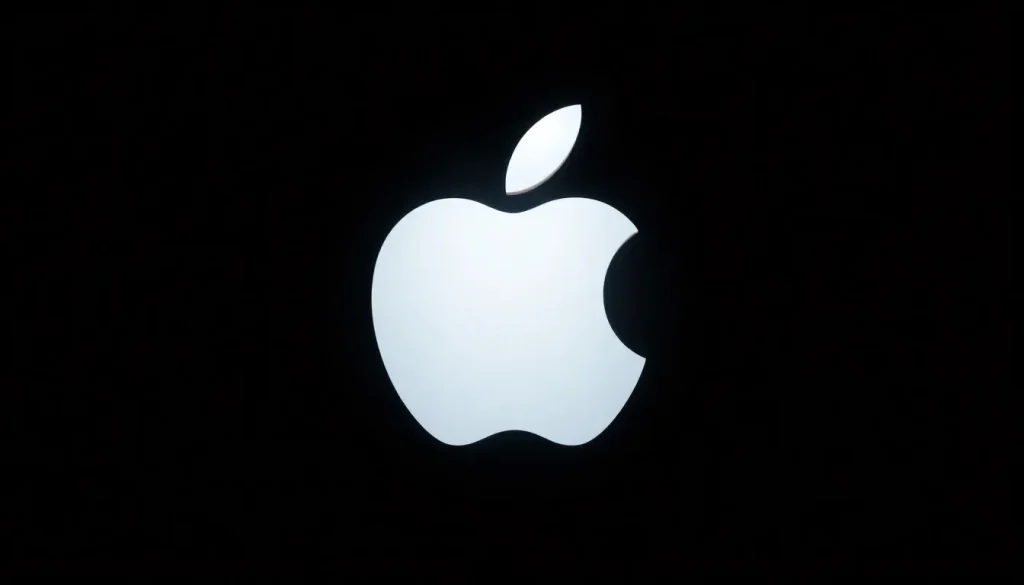Apple faces federal lawsuit for religious discrimination and retaliation

In a notable development within the corporate landscape, Apple Inc. is facing serious allegations of religious discrimination and retaliation from the U.S. Equal Employment Opportunity Commission (EEOC). This lawsuit marks a critical moment for discussions around workplace rights, religious accommodations, and the responsibilities of large corporations. Let’s delve deeper into the details surrounding this case.
- Background of the Lawsuit Against Apple
- Details of Allegations and Employee Experiences
- Legal Framework: Title VII of the Civil Rights Act
- Implications for Apple and Corporate Responsibility
- Current Status of the Lawsuit
- Expert Opinions and Public Reaction
- Additional Context: Religious Discrimination in the Workplace
- Conclusion
- Related Products and Accessories on Amazon
Background of the Lawsuit Against Apple
The EEOC has formally filed a lawsuit against Apple, claiming that the tech giant improperly terminated an employee based on his religious beliefs. The case revolves around a 16-year veteran of an Apple Store in Virginia who reported his dismissal following requests for accommodations related to his religious practices.
According to the EEOC's press release, the employee, after converting to Judaism, sought adjustments to his work schedule to observe the Sabbath, specifically requesting not to work on Fridays and Saturdays. This request was met with resistance from his new store manager, who allegedly denied the accommodation due to a supposed change in Apple’s scheduling policy.
Details of Allegations and Employee Experiences
The lawsuit outlines that after the employee's requests for scheduling flexibility, he faced disciplinary actions, purportedly for violating grooming policies. This pattern of behavior escalated when he reminded his supervisor about an upcoming day off for religious observance, leading to his termination in January 2024, under the pretense of another grooming violation.
Key points from the EEOC’s allegations include:
- The employee had received consistent positive performance reviews over his 16 years with the company.
- His requests for religious accommodation were denied without reasonable justification.
- Following his request, he was disciplined for grooming policy violations, which had not previously been an issue.
- His termination occurred shortly after a reminder of his religious day off, raising concerns about retaliatory action.
Legal Framework: Title VII of the Civil Rights Act
The lawsuit centers on violations of Title VII of the Civil Rights Act of 1964. This critical piece of legislation prohibits employers from discriminating against employees based on religion and mandates reasonable accommodations for religious practices unless such adjustments would cause “undue hardship” to the business.
Title VII has historical significance as it was established to protect workers from discrimination in various forms, including religious discrimination. The law emphasizes the importance of an inclusive workplace environment where employees can practice their faith without fear of retribution or discrimination.
Implications for Apple and Corporate Responsibility
The implications of this lawsuit are significant not only for Apple but also for other corporations that must navigate the complexities of religious accommodations in their workplaces. As a leading technology company, Apple is often scrutinized for its corporate practices and culture.
In light of this lawsuit, companies should consider the following actions to foster a more inclusive workplace:
- Implement clear policies regarding religious accommodations and ensure all employees are aware of them.
- Provide training for managers and HR personnel on religious discrimination laws and the importance of accommodating religious practices.
- Establish a transparent process for employees to request accommodations without fear of retaliation.
- Regularly review and assess company policies to ensure compliance with civil rights laws.
Current Status of the Lawsuit
The lawsuit, designated as EEOC v. Apple, Inc., Civil Action No. 1:25-cv-1637, has been filed in the U.S. District Court for the Eastern District of Virginia. This legal action follows attempts by the EEOC to resolve the matter through conciliation before escalating to litigation.
As the case progresses, it will be crucial to monitor how Apple responds to these allegations and what measures, if any, the company implements in response. The outcome could set a precedent for how tech companies manage religious accommodations and handle employee grievances related to discrimination.
Expert Opinions and Public Reaction
The public and legal experts have been vocal about the implications of this case. Some labor rights advocates argue that it highlights a broader issue of how large corporations may prioritize operational efficiency over the individual rights of their employees. They emphasize that religious discrimination remains a significant concern in various industries.
Legal analysts also point out that the outcome of this lawsuit could influence not only Apple's policies but also those across the tech industry and beyond. The case underscores the importance of balancing business practices with ethical considerations and employee rights.
For instance, workplace policies that disregard the need for religious accommodations could lead to significant legal repercussions, as seen in this situation. It raises the question of how companies can better integrate respect for diversity into their operational frameworks.
Additional Context: Religious Discrimination in the Workplace
Religious discrimination in the workplace is a pervasive issue that affects many employees across different sectors. According to the EEOC, complaints related to religious discrimination have been on the rise in recent years, highlighting the need for companies to pay closer attention to their practices and ensure they are compliant with federal laws.
Some common forms of religious discrimination include:
- Failure to provide reasonable accommodations for religious practices.
- Harassment based on religious beliefs or practices.
- Retaliation against employees for asserting their rights related to religious discrimination.
Companies have a legal and moral obligation to address these issues proactively, fostering an environment where all employees feel respected and valued.
Conclusion
The lawsuit against Apple serves as a potent reminder of the complexities surrounding workplace rights and religious accommodations. As this case unfolds, it will be essential for both corporations and employees to remain vigilant in the fight against discrimination in all its forms.
For those interested in a deeper understanding of the intersection between corporate practices and employee rights, consider viewing this insightful video:
The outcome of this case could serve as an important benchmark in shaping future corporate policies regarding religious discrimination and employee accommodations.




Leave a Reply